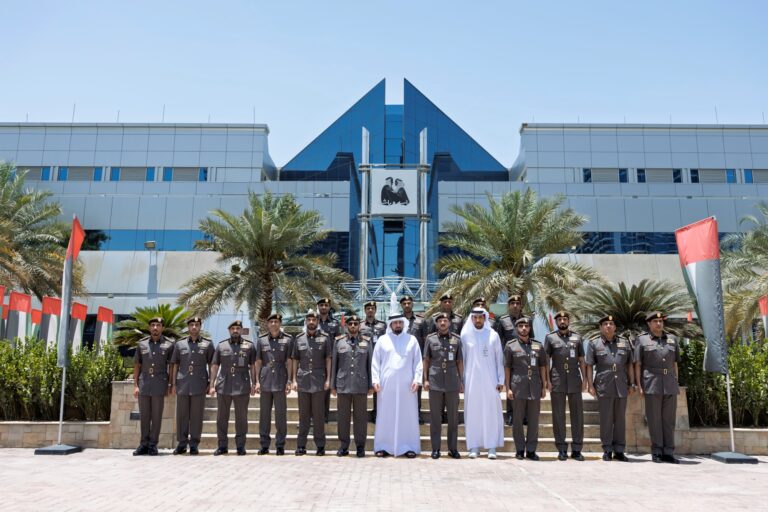Gaborone: The Botswana National Development Bank (NDB), in collaboration with Germany and Deutsche Gesellschaft for Internationale Zusammenarbeit (GIZ), the main German development agency, launched the Green Energy Transition for Sustainable Agriculture project Thursday in Gaborone , Botswana, to confront and overcome global environmental concerns.
“The carbon footprint estimates indicate that net global greenhouse gas emissions from agriculture, forestry, and other land use are about 24 percent of total global greenhouse gas emissions, with 25 percent attributable to electricity and heat production,” said Ogone Madisa, NDB chief executive. officer, at the launch ceremony.
Ogone Madisa, chief executive officer of the Botswana National Development Bank, speaks during the launch ceremony of the Green Energy Transition for Sustainable Agriculture project in Gaborone, Botswana on June 15, 2023. (Photo by Tshekiso Tebalo/Xinhua)
She stated that data demonstrates that the world must confront the climate change challenge with far greater ambition and climate finance is critical for mitigating and adapting to the negative impacts and lowering the effects of a changing climate.
The initiative seeks to provide subsidies to small and medium-sized off-grid farmers and horticulture producers in Botswana in order to increase agricultural and horticultural production through green technology and smart farming, thereby reducing greenhouse gas emissions and farming sustainably.
The International Climate Initiative of the German Ministry of Environment is funding the initiative with 850,000 euros (about 931,000 U.S. dollars). Botswana will receive technical assistance from the GIZ team as part of the project’s implementation.
The financing priority areas would include solar engine replacement, solar water pump installation, solar heating, cooling, and lighting, energy-saving solutions, water-efficient irrigation and controlled farming conditions, and energy efficiency.
Farmers who propose the best environmental outcome idea will receive a 65 percent subsidy and will be responsible for 35 percent of their own funding.











